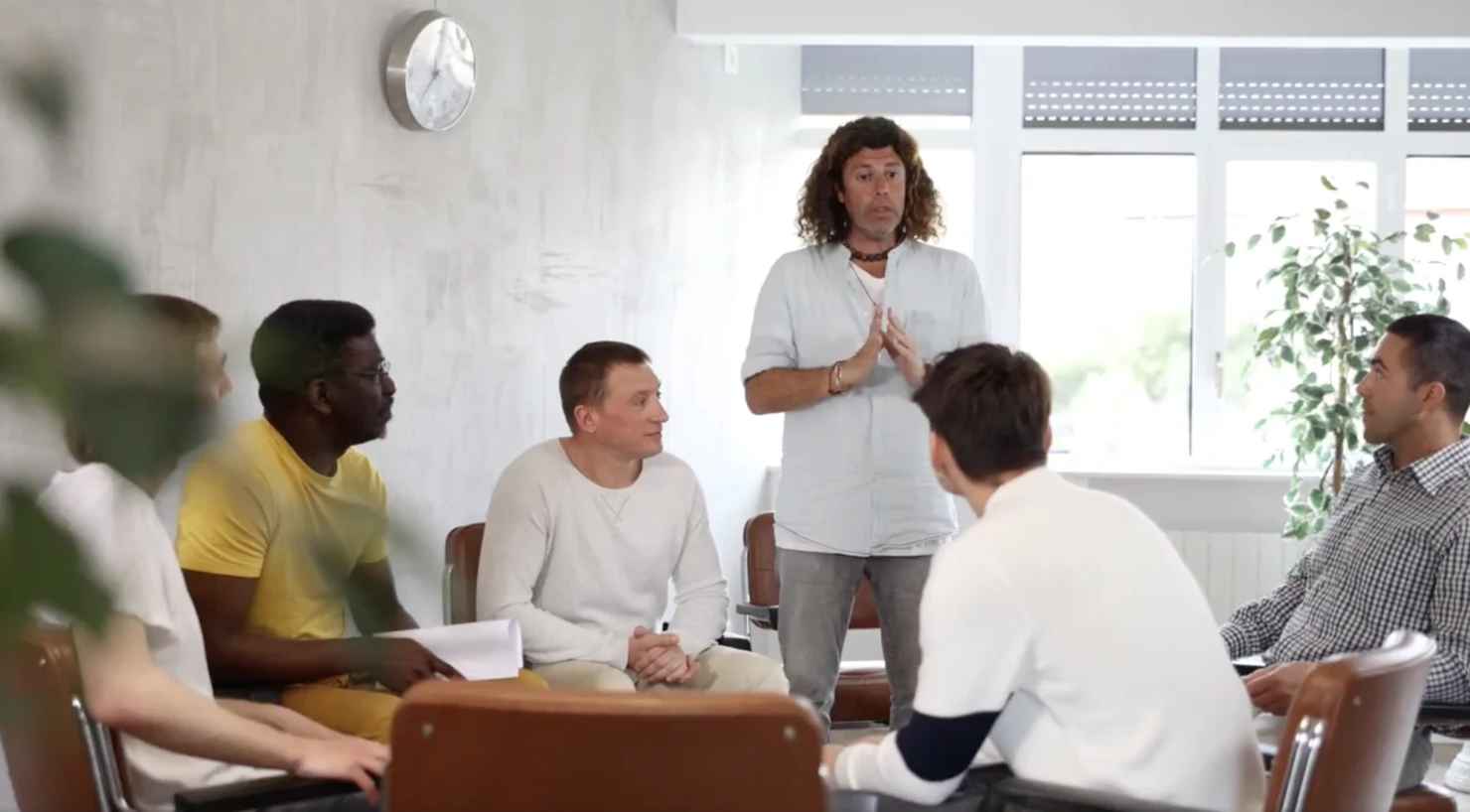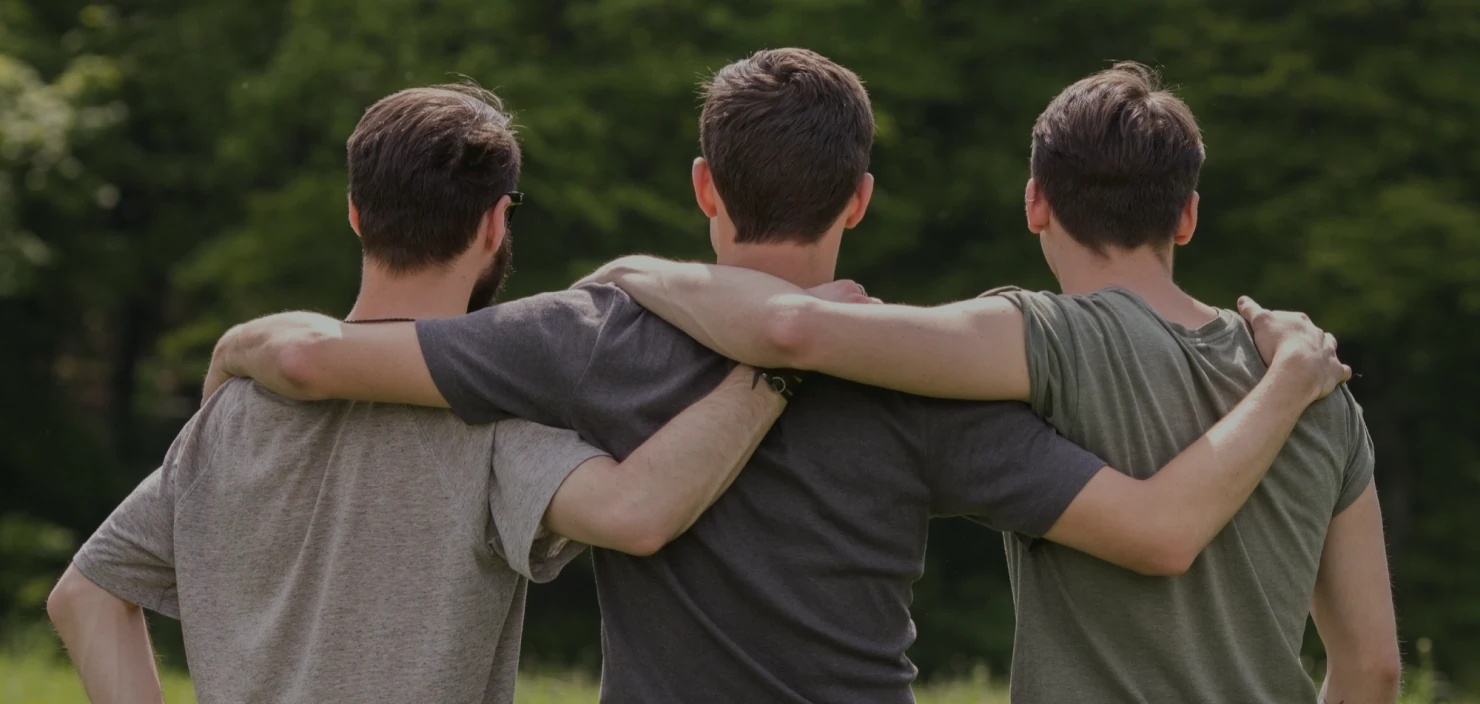
Alcohol use disorder is what doctors call it when you can’t control how much you drink and have trouble with your emotions when you’re not drinking. Some people may think the only way to deal with it is with willpower, as if it’s a problem they have to work through all on their own. Some people with a long history of alcohol misuse may start to experience seizures, which peak around 10 hours then taper off and subside entirely within 2 or 3 days. When you quit drinking you can refocus your attention on repairing these relationships without the barrier of alcohol.
Free Healthbeat Signup
Anyone with moderate or severe withdrawal symptoms benefits from inpatient medical detox and around-the-clock supervision in a hospital setting. With time, and by practicing new responses, you’ll find that your urges to drink will lose strength, and you’ll gain confidence in your ability to deal with urges that may still arise at times. If you are having a very difficult time with urges, or do not make progress with the strategies in this activity after a few weeks, then consult a healthcare professional for support.
Health Categories to Explore

You don’t have to leave the house to get support from other people who understand and respect what you’re trying to do. In fact, you can find it online with sites like Sunnyside, which helps you create a customized plan, Tempest, Moderation.org or Ben’s Friends for people who work in the food and beverage industry. Crystal Raypole has previously worked as a writer and editor for GoodTherapy.
Measure your drinks.
More time to meet new people, catch up with old friends and try new things. Sunnyside uses a psychology-based approach to help you drink more mindfully, no matter what your goal is. You’ll get a 100% custom plan, then daily texts to track your progress and help you stay on target. The urge to drink will inevitably come—so make a plan for it. Remind yourself of why you want to cut back, talk to a friend about it and distract yourself with a hobby or exercise, the NIAAA suggests.

If you turn to alcohol to ease anxiety, try exercise as a healthy alternative. “Try doing a ‘dry’ month like Dry January, Go Dry for July or Sober October,” says Moore. In January 2020, more than 6 million people reportedly participated in Dry January, a campaign to reduce alcohol consumption organized by Alcohol Change UK. Follow-up research suggested that most tended to drink in healthier amounts afterward.
Support Our Mission
- Whether you have a diagnosed mental health disorder or not, therapy is a positive tool for long-term recovery.
- Recognizing you have a problem with drinking is the first step in your journey to a healthier, sober lifestyle.
- Take our free, 5-minute alcohol misuse self-assessment below if you think you or someone you love might be struggling with alcohol misuse.
- Regardless, The initial detoxification process may take several days.
- To determine whether—and where—you fall in the alcohol use disorder (AUD) spectrum, answer the following questions.
People with alcohol use disorder can’t stop drinking even when it causes problems, like emotional distress or physical harm to themselves or others. Information provided on Forbes Health is for educational purposes only. Your health and wellness is unique to you, and the products and services we review may not be right for your circumstances. We do not offer individual medical advice, diagnosis or treatment plans.
Timeline for Quitting Alcohol

Or try swapping some or all of your drinks for no or low-alcohol alternatives. Inpatient and outpatient treatment facilities are another effective place to surround yourself with people who will walk you through detox and recovery with no judgment. Eliminating your access to alcohol is crucial, especially in the early days of sobriety. There will be temptations around you that you can’t control—so focus on what is in your control. It’s how you keep your cool when you feel overwhelmed and anxious.
Handling Urges to Drink
What matters most is your ability to maintain an open, curious outlook as you learn what does and doesn’t work for you. Satisfying hobbies can distract you from wanting to drink, but they also help going back to drinking after being sober you relax — something everyone needs to do. Feeling at your best physically can boost resilience and emotional strength, equipping you to weather challenges that trigger the desire to drink. Most women give up alcohol once they know they’re pregnant or when they’re planning to become pregnant.
